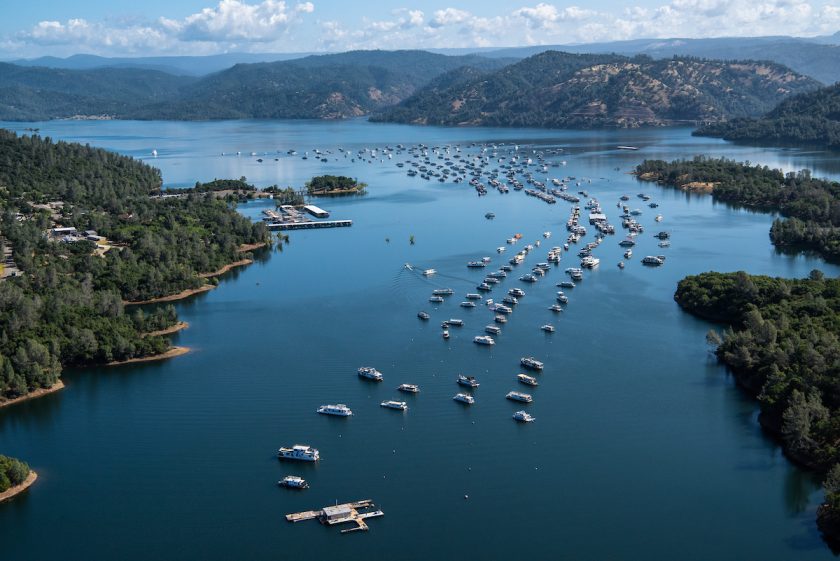Climate Extremes Threaten California’s Water
October 29, 2021

Climate change is making water management more difficult in California, according to a study led by the Jackson School of Geosciences in collaboration with the Union of Concerned Scientists.
The study found that climate change will shift the timing and intensity of rainfall and the health of the state’s snowpack in ways that will make water management more difficult during the coming decades.
“If you think about the type of shifts that matter to water managers, it’s typically these much more complicated aspects of the hydroclimate like how long the wet season is or how extreme the most extreme event is or how frequent high-risk events are,” said lead author Geeta Persad, an assistant professor at the Jackson School.
The study was published in October 2020 in the journal Climatic Change. It focuses on 10 global climate models that have been identified to have the best performance at representing climate conditions in California and are already widely used in state decision-making.
In the paper, the scientists illustrated the effects on water supply during the next several decades in two case studies — Scott Valley in Northern California and Lake Oroville, which is about 80 miles north of Sacramento.
The team found that changes in extreme precipitation events caused a significant increase in the need for irrigation water throughout the Scott Valley, even when the overall total rainfall remained constant. In the case of Lake Oroville, the average water stored in the reservoir declined about 17% during the year, with losses greatest in September and October when the reservoir is at its lowest levels.
Although the study examined only California’s water supply, the researchers said that similar analysis is worth pursuing in other regions with emerging water management challenges.
The study has been released in conjunction with a report from the Union of Concerned Scientists, where Persad previously held an appointment as a senior climate scientist.
Back to the Newsletter